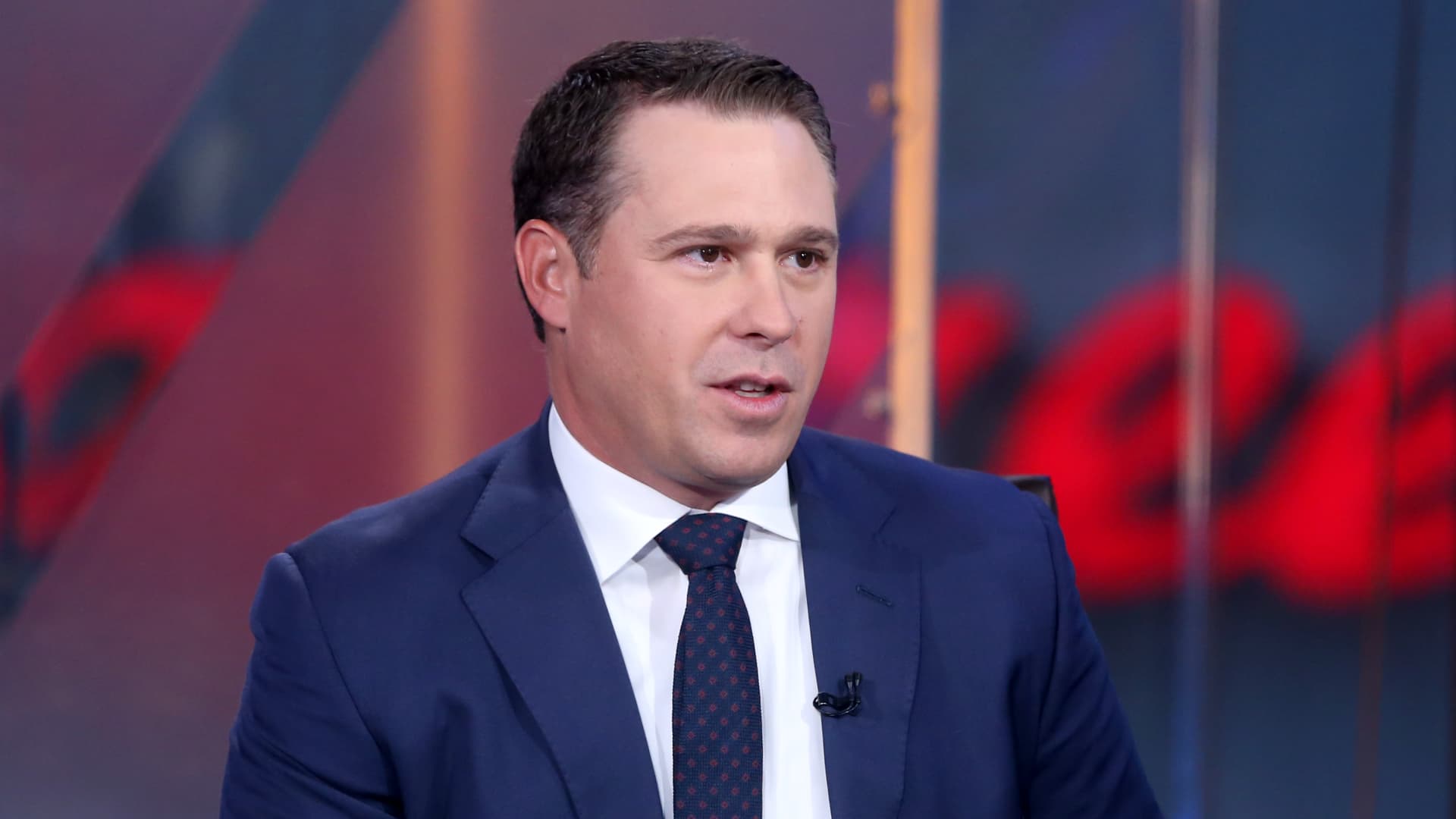
- Select a language for the TTS:
- UK English Female
- UK English Male
- US English Female
- US English Male
- Australian Female
- Australian Male
- Language selected: (auto detect) - EN
Play all audios:
A new group of bond funds aims to give investors a way to bet on specific segments of the corporate bond market, potentially creating more control in an interest rate environment that looks
to be volatile in 2024. F/m Investments announced Wednesday that it will launch three corporate bond funds targeting certain times to maturity. The funds have shorter time windows than some
of the most popular bond funds on the market and, unlike target date-style funds that are designed to hold bonds until they can be redeemed, the F/m exchange-traded funds will rebalance to
keep a relatively consistent time to maturity. The new suite of funds starts with three offerings: a 2-Year Investment Grade Corporate Bond ETF (ZTWO), a 3-Year Investment Grade Corporate
Bond ETF (ZTRE) and a 10-Year Investment Grade Corporate Bond ETF (ZTEN). The funds build on the U.S. Benchmark series, which F/m launched starting in 2022 and gives investors tools to
target specific maturities on the Treasury curve. The suite of funds has proven popular with investors. The U.S. Treasury 3 Month Bill ETF (TBIL) has jumped to almost $3 billion in assets
under management. Several others, including the U.S. Treasury 2-Year Note ETF (UTWO) , has $368 million, and the U.S. Treasury 10-Year Note ETF (UTEN) has $116 million. "We didn't
set out to do the single [bond] thing. That just happened to be popular and folks caught on to it. We look for the most effective solution," said Alexander Morris, president and chief
investment officer at F/m. In addition to being popular, the funds have generated positive returns in recent months as interest rates have come down. The UTEN, for example, has a total
return of 6.2% over the past three months, according to FactSet. UTEN 3M mountain The UTEN fund has gained as interest rates have fallen. The new funds similarly could see solid first-year
performance if yields continue to fall, though corporate bonds do have more credit risk than Treasurys. Corporate bond defaults soared 80% in 2023, though most of the damage was done from
lower-rated and heavily indebted companies. Each of the funds will have an expense ratio of 0.15%. The new funds will hold bonds from multiple different issuers, but the ICE indexes they
track will be weighted differently from some widely used aggregate bond indexes. Morris said one of the goals of the new indexes was to limit the effect of companies that issue a lot of
debt. "It just seemed odd that the more CUSIPs you offer, the more you should be in the index, effectively," Morris said, referring to the identification numbers assigned to debt
securities. The index also favors bond issuances with higher liquidity and from companies with long track records of issuing debt, and the funds can buy and sell bonds that were originally
created to have longer maturities but are now within the stated time window of the fund, Morris said.



